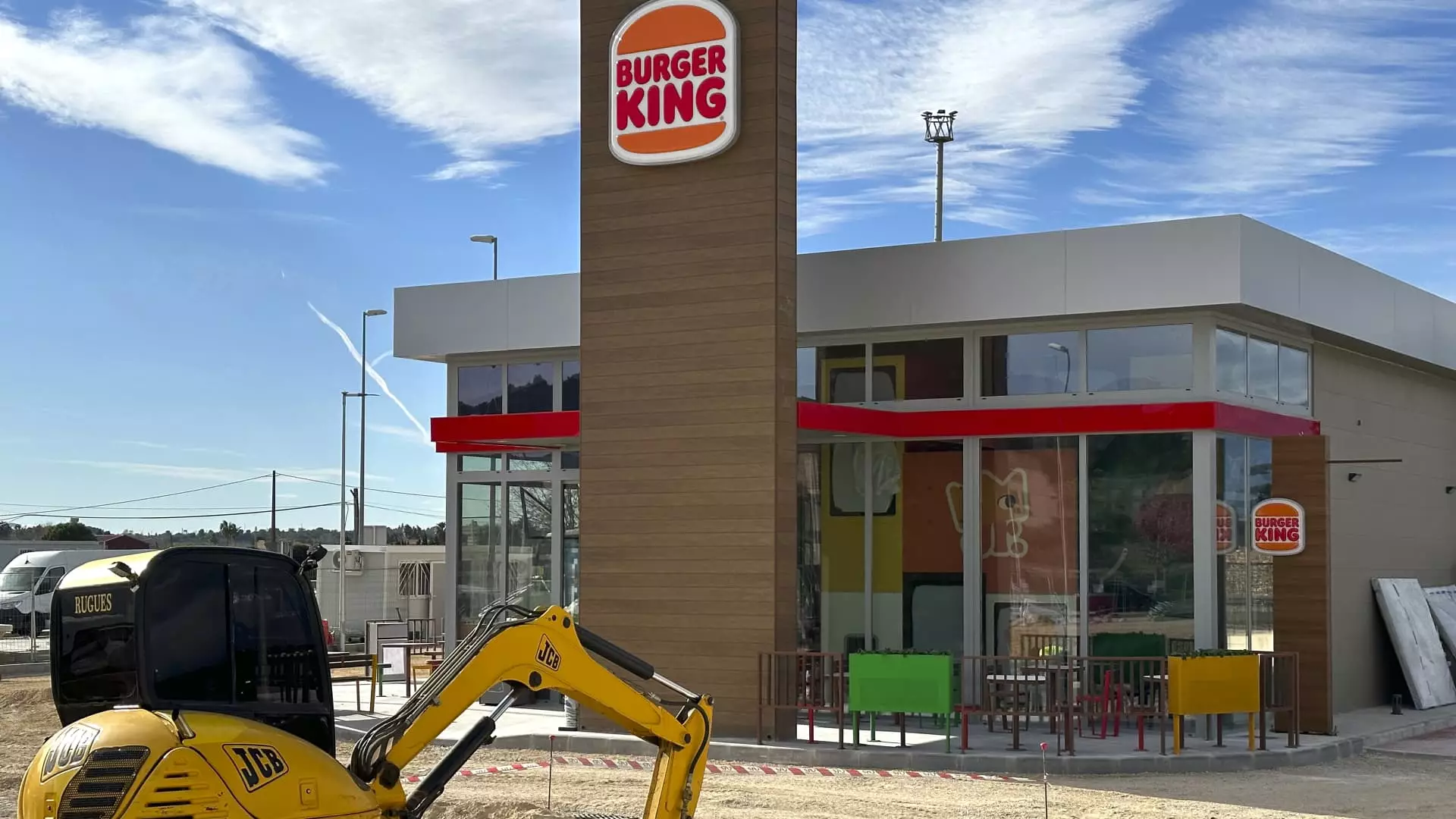Restaurant Brands International Inc. (RBI) recently released its third-quarter earnings report, showcasing a mix of performance indicators that left analysts underwhelmed. With the company claiming ownership over prominent fast-food chains such as Burger King, Popeyes, Tim Hortons, and Firehouse Subs, the results encompassed across its portfolio unveiled several underlying issues. Despite reporting positive sales progress in the fourth quarter, the downward trend experienced in the previous quarter calls for an in-depth analysis of the challenges facing RBI.
In their quarterly earnings, RBI reported earnings per share of 93 cents adjusted, narrowly missing analyst expectations that had set the bar at 95 cents. Similarly, revenue came in at $2.29 billion, which fell short of the anticipated $2.31 billion. This financial performance is a critical element for analyzing the company’s trajectory, particularly given that worldwide same-store sales only grew by 0.3% during the quarter—in stark contrast to expectations from Wall Street.
Moreover, when examining the individual brands within RBI’s portfolio, it is apparent that several chains faced significant declines in same-store sales. For instance, Burger King recorded a disappointing 0.7% drop in same-store sales when analysts had anticipated stability. This underscores an ongoing struggle for the fast-food chain, which attempts to navigate through a major turnaround phase.
The overall context of a challenging consumer spending environment has added pressure on RBI’s performance. As consumers tighten their wallets in response to fluctuating economic conditions, restaurant spending has notably decreased. This has initiated fierce competition among fast-food players, reigniting ‘value wars’ especially between Burger King and its immediate rivals.
Popeyes offers a clear example of misalignment with market expectations; an expected growth of 0.2% in same-store sales transitioned into an alarming 4% decline. The company’s strategies to intensify value offerings, including promotions like the three-piece bone-in chicken deal and the return of the Big Box deal, reflect desperation to stimulate consumer engagement. As a relatively newer addition to RBI’s portfolio, Firehouse Subs similarly suffered, reporting a 4.8% decline against expected estimates of 0.4%, further adding to RBI’s overall performance woes.
Not all brands within the RBI umbrella have suffered; Tim Hortons emerged as a relative performer in the quarter with a 2.3% increase in domestic same-store sales, although it still fell short of the predicted 4.1% growth. Improved traffic and quicker service delivery have contributed positively, but such incremental gains are hardly sufficient to overshadow the disappointing performance of RBI’s other chains.
Internationally, RBI also recorded a modest increase of 1.8% in same-store sales, though it too was below the expected 2.2%. This mixed bag of outcomes poses questions about the effectiveness of RBI’s strategic decisions both domestically and internationally.
Despite falling short of quarterly expectations, CEO Josh Kobza expressed optimism regarding improved same-store sales trends in October, attributing it to favorable marketing strategies and a shifting consumer sentiment toward more favorable economic conditions. Noteworthy factors include decreasing gas prices and easing inflation rates, suggesting potential seasonal optimism.
As RBI navigates through a convoluted landscape, a re-evaluation of brand-specific strategies may be necessary for sustained growth. The challenges faced by Burger King, Popeyes, and Firehouse Subs signify a critical need for an adaptive approach that resonates with evolving consumer behavior. The company must harness the opportunity to capitalize on its established brands while also focusing on innovation and consumer value propositions. Looking ahead, the capability to turn around these performance metrics will be paramount for RBI if it wishes to reclaim its position as a leader in the fast-food industry.

